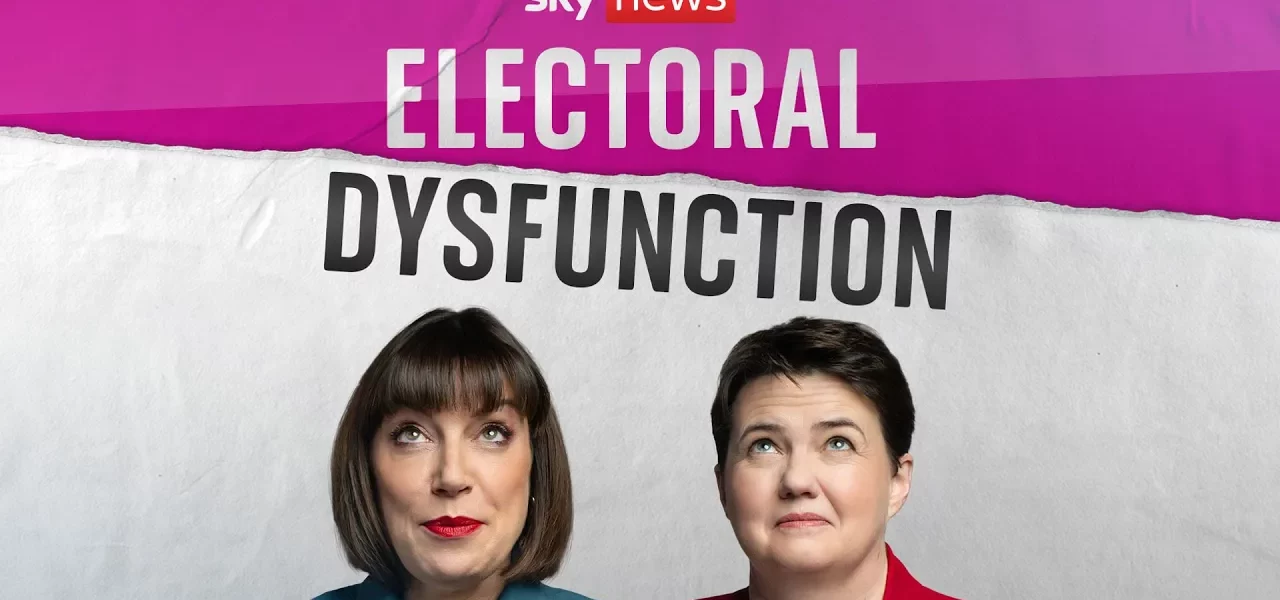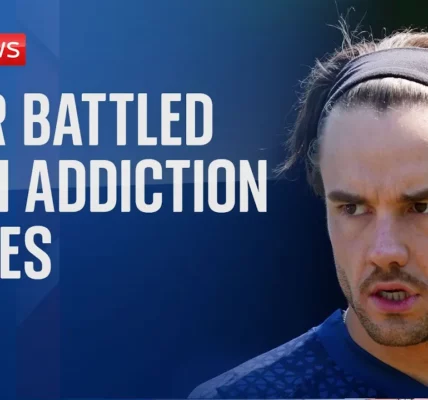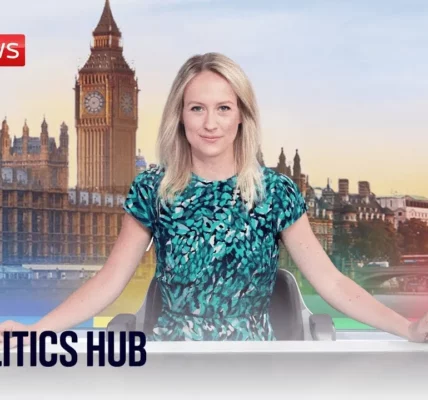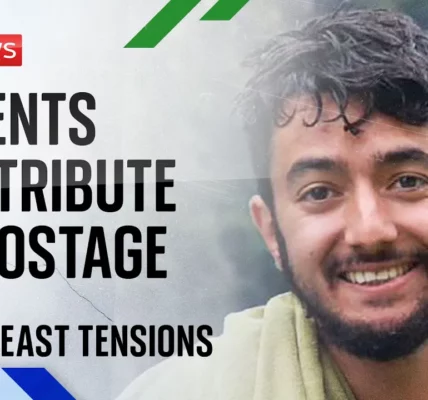Electoral Dysfunction Podcast: Live Tour and Political Insights

Welcome to the official article summarizing the latest episode of the Electoral Dysfunction podcast, hosted by Beth Rigby. In this engaging discussion, Beth and Ruth Davidson take you through their upcoming live podcast tour, delve into the dynamics of female leadership in politics, and explore the pressing issue of youth voting in the UK.
Introduction to the Podcast and Upcoming Tour
In the latest episode, Beth Rigby announced an exciting live tour for the Electoral Dysfunction podcast, set to take place in major cities including London, Liverpool, and Glasgow. The tour promises to be an engaging evening with special guests, including Ruth Davidson, offering an opportunity for the audience to interact and pose questions directly to the hosts. This initiative aims to bring political discussions to a broader audience, fostering engagement and understanding in the current political landscape.
Celebrating Female Leadership in Politics
During the podcast, the hosts discussed the ongoing absence of a female leader in the Labour Party, despite the presence of numerous talented women within its ranks. This topic resonates deeply with listeners, prompting a reflection on the dynamics of gender in political leadership.
The Historical Context
Historically, the Conservative Party has seen several female leaders, while the Labour Party has yet to elect a woman to its top position. Ruth Davidson noted that this discrepancy highlights a significant issue regarding gender representation in politics.
Insights from Ruth and Harriet
Ruth Davidson and Harriet Harman provided compelling insights into why Labour struggles to elect a female leader. They discussed how the patriarchal structures within the party may make it challenging for women to gain the necessary support, unlike their Conservative counterparts who often adopt a more traditional approach to leadership.
Encouraging Change
- Ruth emphasized the need for strong male allies to support female candidates.
- Harriet highlighted the importance of shifting internal party dynamics to promote women into leadership roles.
- Both agreed that the next leadership election should ideally see a female candidate rise to the forefront.
The Role of Youth in Politics
Another significant topic of discussion was the proposal to lower the voting age to 16. The hosts examined the potential impact of this change on political engagement among younger demographics.
Arguments For and Against Lowering the Voting Age
While there are concerns about whether young individuals are adequately prepared to vote, both Ruth and Harriet expressed support for the idea based on their experiences in Scotland, where 16- and 17-year-olds can vote.
Education and Engagement
The discussion revealed a consensus on the importance of providing better education about voting and political processes to younger citizens. This could empower them to participate more actively in democracy.
Statistics and Engagement
- In Scotland, the introduction of voting at 16 has correlated with increased youth engagement.
- Young voters are often more informed and engaged when compared to previous generations.
- Social media plays a crucial role in mobilizing younger voters around political issues.
Media Coverage of Politics
Stuart, a listener, posed an interesting question regarding how media coverage of the current government may differ from previous administrations. Beth Rigby emphasized that while the core principles of journalistic scrutiny remain the same, the focus may shift back to policy rather than internal party politics.
The Importance of Policy in Journalism
With recent years dominated by scandals and internal strife, the hosts expressed excitement about returning to a focus on substantive policy discussions, allowing for a richer engagement with political issues.
Access to Politicians
Ruth and Beth also discussed the varying levels of access journalists have to politicians, noting that the structure of Westminster can make it easier or harder for politicians to engage with the press.
Conclusion and Call to Action
This episode of Electoral Dysfunction not only highlights the challenges of female representation in political leadership but also emphasizes the importance of youth engagement in shaping the future of democracy. As Beth and Ruth prepare for their live tour, they encourage listeners to participate by sending in questions and engaging with the political discourse. If you have thoughts on these discussions or want to get involved, please connect with us through our social media or email!
“`




